
Home
Publications
Publications
Showing 0 to 0 of 0 results

Statements
2025-05-28T14:01:19
APHR Calls for Urgent Regional Action to Dismantle Southeast Asia’s Expanding Cyberscam Industry
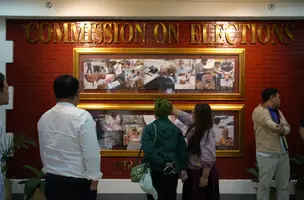
Statements
2025-05-15T15:44:11
Machine Failures, Dynasties, Harassment and No Secret Ballot: Southeast Asian MPs Question 2025 Philippine Midterms Integrity
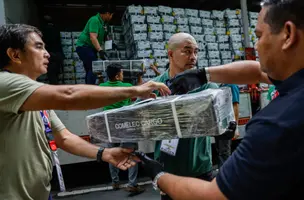
Statements
2025-05-10T13:37:57
LAUNCH STATEMENT: Southeast Asian lawmakers probe violence, dynasties, state resource abuse and disinformation in the 2025 Philippine Midterm Elections
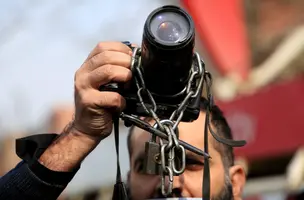
Statements
2025-04-14T09:19:19
APHR Demands Immediate Dropping of Lèse-Majesté Charges Against Academic Paul Chambers, Calls for an End to Thailand’s Assault on Freedom of Expression

Statements
2025-03-26T13:58:47
Southeast Asian MPs Demand Legal Protection for Journalists After Terror Attack on Tempo Office, Indonesia
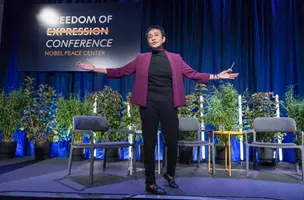
Statements
2022-09-05T01:46:51
A 10-point plan to address our information crisis
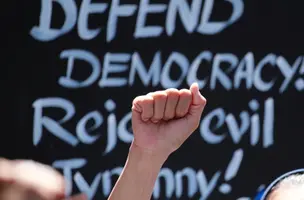
Statements
2022-08-31T02:57:22
Parliamentarians from Southeast Asia call for urgent action against the scourge of disinformation
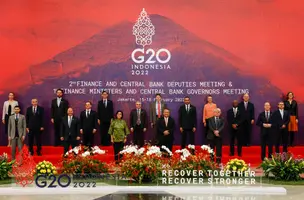
Reports
2022-06-09T03:34:29
Anggota parlemen Asia Tenggara meminta Indonesia untuk memberikan suara kepada Global South di G20

Reports
2022-06-09T03:17:13
Southeast Asian MPs call Indonesia to give a voice to the Global South at the G20
TOP
ASEAN Parliamentarians for Human Rights (APHR) was founded in June 2013 with the objective of promoting democracy and human rights across Southeast Asia. Our founding members include many of the region's most progressive Members of Parliament (MPs), with a proven track record of human rights advocacy work.
Copyright © 2024-2025 All Rights Reserved - ASEAN Parliamentarians for Human Rights (APHR)
Website by Bordermedia